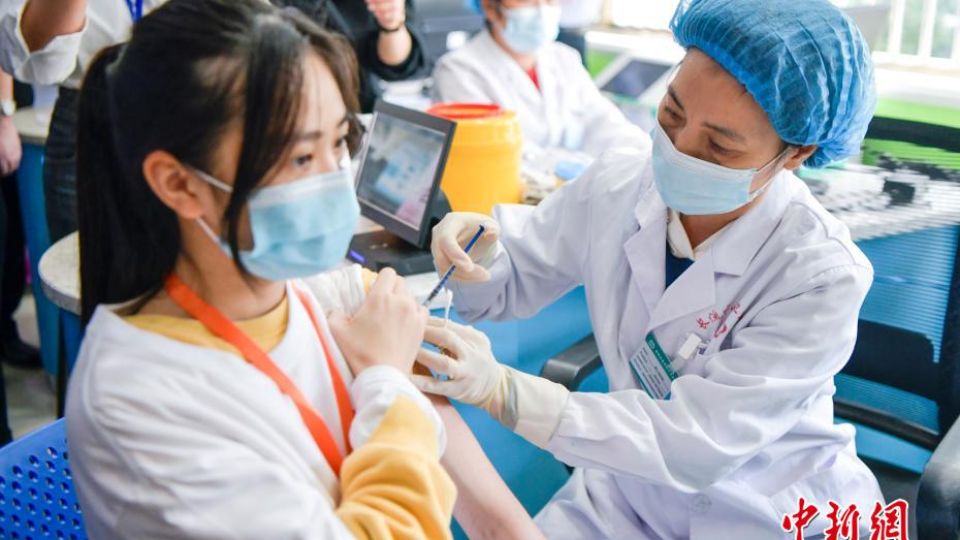March 31, 2022
BEIJING – With many cities in China starting to offer young girls free vaccines against the human papillomavirus in the past year, legislators and experts want more promotional activities to raise awareness of HPV vaccination.
Promoting access to HPV vaccines has long been a hot topic during the two sessions, the annual meetings of the country’s top legislature and top political advisory body. According to official data, the vaccine can protect against the virus that causes over 95 percent of cases of cervical cancer-the second most common cancer among Chinese women.
Since 2016, five vaccines, including two domestic ones developed by Xiamen Innovax Biotech based in Fujian province and Walvax Biotechnology based in Yunnan province, have been approved for public use in China, making it easier for girls to get the cancer-preventing shot.
In a push to further expand availability, a number of cities across China have introduced free HPV jabs for girls since the second half of last year. The latest to join the campaign, Shijiazhuang, capital of Hebei province, said recently that all 14-year-old girls in the city can receive free jabs of the domestic vaccine.
While hailing the notable progress, health experts and deputies to the National People’s Congress, China’s top legislature, suggested during the two sessions earlier this month that efforts to increase HPV awareness and supplies of domestic HPV vaccines be intensified.
Qiao Youlin, a top epidemiologist at the Chinese Academy of Medical Sciences’ Cancer Hospital, said that the prime age for HPV vaccination is before 15 years old, but a large number of consultations were made by middle-aged women.
“Teenagers could be the biggest benefactor of HPV vaccines,” he said, adding that it is important to improve awareness of HPV vaccines with a focus on the younger population.
Currently, three types of HPV vaccines-the 2-valent, 4-valent and 9-valent-are available in China, named after the number of viral strains they protect against. The 9-valent one is the most sought-after but harder to get due to supply constraints.
“A common misunderstanding about the vaccine is that the higher the valent, the better,” Yue Xihuan, an NPC deputy and a community worker in Anhui province, told China Women’s News.
“In fact, the 2- and 4-valent vaccines are suitable for wide age groups. When facing a shortage of 9-valent doses, it is important to receive the other two alternatives at an early age to expand immunization coverage,” she said.
Xu Ping, an NPC deputy who works at Clatia, a cultural and arts company based in Sichuan province, said that the creation of a self-developed 2-valent vaccine has provided an opportunity to expand free access.
“China is the third country to have a locally produced HPV vaccine after the United States and the United Kingdom,” she said. “In terms of safety and efficiency, the effects of domestic vaccines are comparable to imported ones, but they cost much less.”
In her proposal this year, Xu said she suggested promoting the use of domestic 2-valent vaccines and adding HPV vaccines to the country’s national immunization program.
The National Health Commission has already moved to study the possibility of making HPV vaccines free for all after political advisers made such suggestions in the past few years.
In December, in a reply to a political adviser, the commission said that it is researching the establishment of a mechanism to ensure adequate supplies of HPV vaccines.
“The number of people getting the vaccine is relatively small, and the database on its efficacy, adverse reaction and immunity effects among a population is insufficient at present,” it said. “The time is not ripe yet.”
The commission said it will work with related departments to accelerate research and approval of HPV vaccines, ramp up production, encourage local authorities to launch pilot projects and roll out more awareness campaigns.


